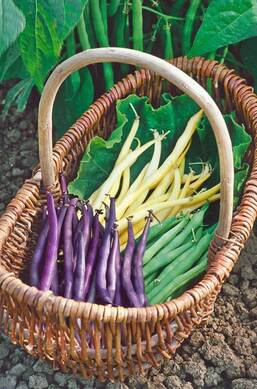|
by Melinda Myers
Our lakes and waterways make Wisconsin a special place to live. If you are lucky enough to live on or near one of these bodies of water, it is easy to appreciate your role in protecting them. But even those living in spaces, large or small, away from them have an impact on our waterways’ health and beauty. Avoid aggressive and invasive plants whether gardening along a shoreline, managing a water feature, growing a rain garden, or tending a more traditional landscape space. Not only will you help the environment, but you will reduce your workload trying to manage plants that can take over the landscape and those that invade and damage our natural spaces.
1 Comment
|
|
| North Country MGV | gARDEN bLOGS |
Location |
|

 RSS Feed
RSS Feed